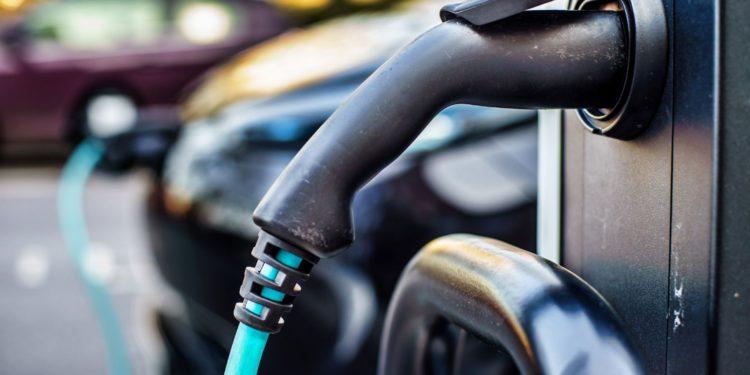Hyundai Motor Company and Kia have introduced an advanced battery management system (BMS) to enhance the safety of electric vehicles (EVs). Announced on August 15, 2024, the new system results from 15 years of research and development.
The BMS technology will be applied to all-electric vehicles under the Hyundai, Kia, and Genesis brands. The advanced system tracks critical factors such as voltage deviations, insulation resistance, current and temperature changes, and potential overvoltage or undervoltage conditions. This system continuously monitors the status of battery cells in parked vehicles and sends alerts to drivers and relevant agencies when abnormalities are detected.
A feature of Hyundai’s BMS is its ability to detect malfunctions early and initiate appropriate safety protocols. If the system identifies any risks, it not only enforces battery safety controls but also alerts the driver with messages that may restrict driving until the issue is resolved.
Additionally, the BMS transmits abnormal data to remote support centers, which can automatically notify drivers via text and, if necessary, inform related agencies for further action.
The BMS serves as the central management system for the vehicle’s battery, ensuring that it functions safely and efficiently. Hyundai Motor and Kia have developed this technology based on years of experience with hybrid cars and have integrated several advanced features.
To further enhance safety, Hyundai and Kia have equipped their latest EV models with the ability to detect micro short circuits, which can identify potential battery defects well before they become serious issues.
This feature and the BMS’s three-phase overcharge prevention system will be implemented across new and existing vehicles by the end of the year, reflecting Hyundai Motor Group’s ongoing dedication to maximizing driver safety.
In the first stage, the BMS ensures that charging remains within a safe range. If the charging exceeds this range, the system immediately halts the process as a second line of defense. If these measures fail, a separate circuit is activated to forcibly cut off the current, preventing potential overcharging fires.
Electric vehicle (EV) battery safety has become a pressing concern in South Korea following a recent incident where a Mercedes-Benz EV caught fire in an underground parking lot, damaging over 100 vehicles. This incident prompted South Korea’s environment ministry to hold an emergency meeting to address growing fears about EV fire safety. Hyundai Motor Group has reassured the public by unveiling advanced safety features in their Battery Management System (BMS).
The automakers have emphasized that there have been no cases of fires caused by overcharging in their EVs, showing the effectiveness of their BMS. Hyundai’s BMS continuously monitors the charging status in real-time, working with charging controllers to ensure the battery is charged safely. Even in the rare event of a system failure, a physical safety circuit is in place to shut off the power, mitigating the fire risk.
Also Read:
- KT and LG Electronics Partner to Lead Global 6G Standardization Efforts
- Hyundai and Kia Launch Free EV Inspections in Response to Fire Safety Concerns
- SK Telecom and Nokia Partner to Roll Out AI-Powered Fiber Sensing Nationwide
- Kakao Founder Kim Beom-su Indicted on Stock Manipulation Charges
- Samsung Display Secures Microsoft Deal for Next-Gen Mixed Reality Device







